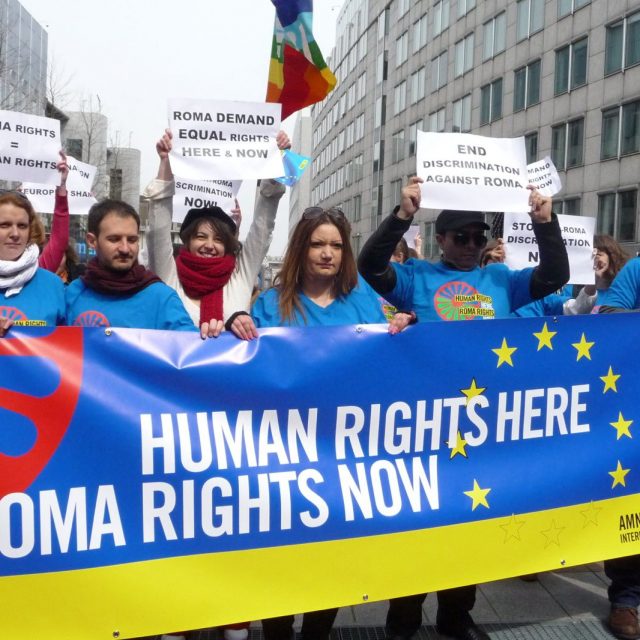Speaking ahead of the presentation of the Jongerius/Radtke draft report on Adequate minimum wages in the EU in the employment committee of the European Parliament, S&D MEP and European Parliament negotiator for minimum wages Agnes Jongerius said:
“Currently one in six employees in Europe does not earn enough to make ends meet. Even though they work a tough 40-hour week, they can’t pay for their rent, their food and their clothing. Among these working poor are the millions of workers who have kept our societies afloat during the Covid-19 pandemic. Risking their health and even their lives to keep us going. The nurses caring for our sick, the farm workers, delivery drivers and shop assistants making sure we have food on our tables, the childcare staff educating our children, care workers taking care of the elderly in our communities, refuse collectors and cleaners ensuring hygienic conditions. Essential, but undervalued and underpaid – that is the situation of many of our Covid-19 heroes. This must change. Work must pay again.”
“It’s time for respect and decent wages. Every European worker deserves to earn a wage above the threshold of decency – 60% of the median wage and 50% of the average wage. We won’t accept productivity criteria, taxes or benefits being part of the calculations for the amount set as a minimum wage. No worker should be forced to fall back on tax cuts or benefits. If you work full time, your wage must pay for a decent living standard.”
“One of the leading principles of this directive is the equal treatment of workers. Supermarket shelf stackers working side by side deserve to be paid the same. We therefore must put an end to variations and deductions, which result in workers being paid salaries below minimum wage levels. The whole point of minimum wages is after all to guarantee decent wages that ensure all workers can put food on their tables and a roof over their heads.”
“The best way to end in-work poverty and to guarantee decent working conditions is through collective bargaining. All member states should therefore aim for 90% coverage of collective bargaining agreements. We have to raise the level of ambition. With one hand, we must fight union busting and with the other hand member states must massively promote collective bargaining through their public procurement, thereby also leading to an increase in collective bargaining coverage too. One thing must be clear from the start: collective bargaining is done by trade unions, no one else.”
“This directive will establish a framework for fair minimum wages in Europe but it will not set a common European minimum wage nor will it force member states that do not have statutory minimum wages to introduce them. It is clearly stated in Article 1 of the Commission proposal: “(2) This Directive shall be without prejudice to the choice of the Member States to set statutory minimum wages or promote access to minimum wage protection provided by collective agreements. (3) Nothing in this Directive shall be construed as imposing an obligation on the Member States where wage setting is ensured exclusively via collective agreements to introduce a statutory minimum wage nor to make the collective agreements universally applicable.”




